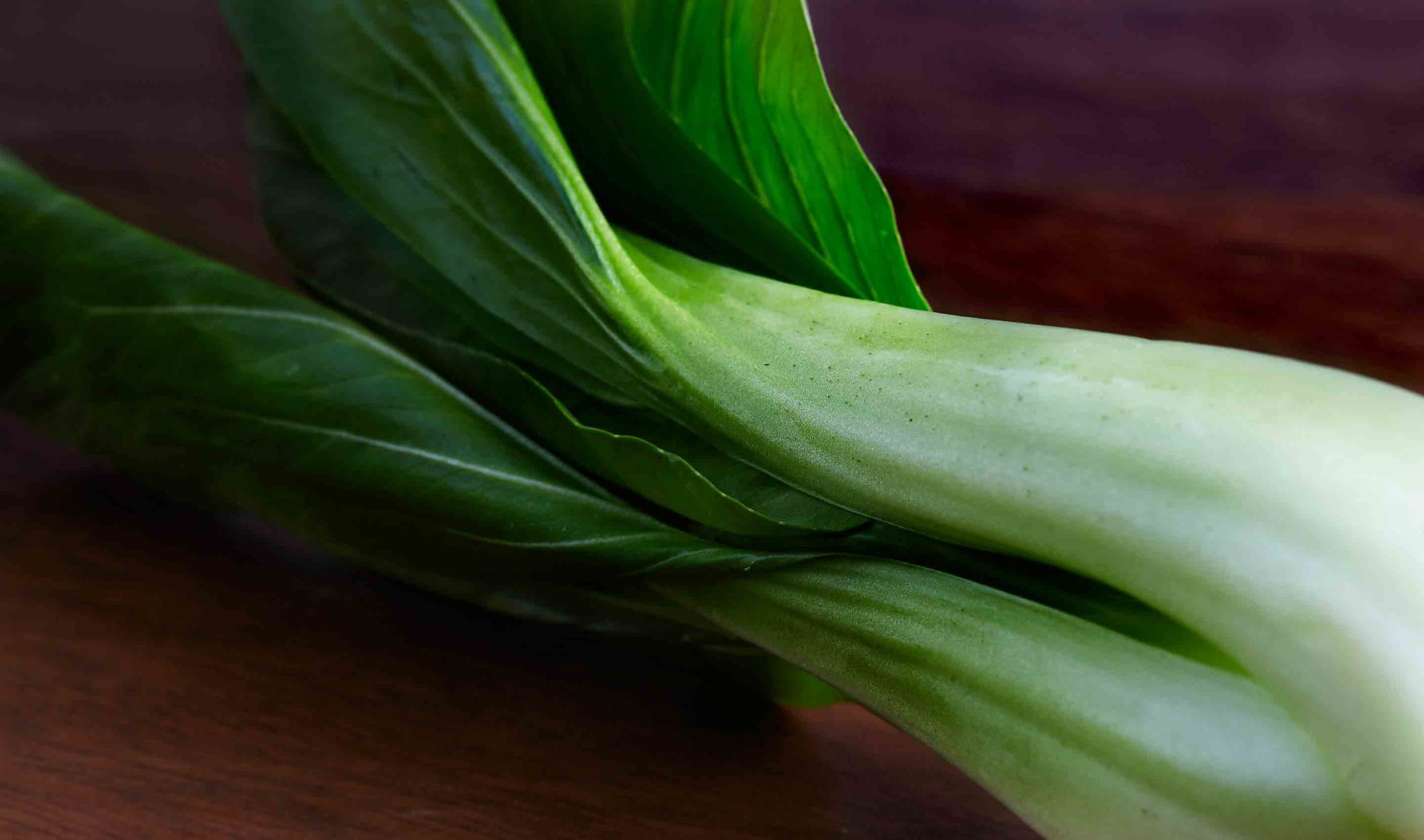
Join PN Level 2 for less than $9 USD/day! Affordable monthly payments now open.

Vitamin B2, also known as riboflavin, has many functions including helping your body metabolize toxins in the liver, helping metabolize iron, and assisting with the creation of red blood cells. Vitamin B2 is found in many plant and animal foods including green leafy vegetables, eggs, almonds, salmon, and whole grains.
Has your pee ever turned bright yellow? That’s a sign that your diet is rich in vitamin B2, a water soluble vitamin. In fact, vitamin B2 (also known as riboflavin) is one of the only vitamins that provides visual body cues to let you know that your diet is rich in the vitamin. And the vitamins name speaks to this body cue; the “flavin” in riboflavin comes from flavus, the latin word for yellow!
Vitamin B2 has many functions in the body including:
Vitamin B2 can be found in several foods including:
Common symptoms and resulting conditions of vitamin B2 deficiency include:
However, your individual response could be different. If you suspect a health problem or deficiency in certain nutrients, please see your primary health care provider (doctor, naturopath, etc). They can help unravel the complexity of your physiology.
Common symptoms of vitamin B2 excess/toxicity include:
However, your individual response could be different. If you suspect a health problem or an excess of certain nutrients, please see your primary health care provider (doctor, naturopath, etc). They can help unravel the complexity of your physiology.
For recipes rich in vitamin B2, check out any of the Encyclopedia of Food entries for food items listed above.
Precision Nutrition’s Encyclopedia of Food expands every single month as we highlight new foods and showcase beautiful food photography. If you’d like to stay up to date, simply click this link. From there, we’ll send you a FREE copy of our recipe book. We’ll also let you know when new and delicious foods are added to the site.
Vitamin B2, also known as riboflavin, has many functions including helping your body metabolize toxins in the liver, helping metabolize iron, and assisting with the creation of red blood cells. Vitamin B2 is found in many plant and animal foods including green leafy vegetables, eggs, almonds, salmon, and whole grains.